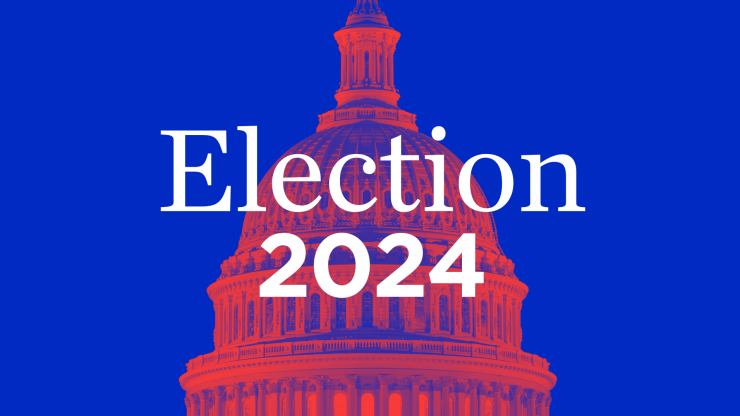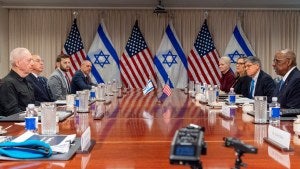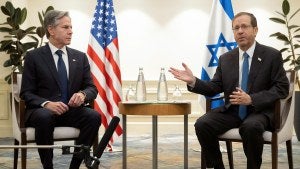Tehran's Tactics: Iran, Its Proxies, and US Middle East Policy
About This Event
The conflict in the Middle East is sure to loom large over the 2024 presidential election. A key player in the region, Iran has frustrated the US and its allies with its nuclear ambitions and support for proxies like Hamas and Hezbollah. How does Iran factor into US Middle East policy, especially now that it has new leadership? How might the presidential candidates differ in their approach to Iran and its role in the Israel-Hamas conflict? And how might Iran's relationship with countries like Russia and China shape US policymakers’ thinking? Join us for a conversation with Michael Singh, Behnam Ben Taleblu, and Suzanne Maloney as we discuss these questions and more.







Related Content
 Public Opinion
Public Opinion
Whether attacked by its neighbors or Tehran, majorities of Americans oppose using US troops to come to Israel’s defense.
 US Foreign Policy
US Foreign Policy
Majorities across all racial groups prefer that the United States remain impartial as fighting between Israel and Hamas continues.
 Public Opinion
Public Opinion
Americans are also slightly more likely to say Israel has gone too far in its war with Hamas than to say Israel’s actions are justified.



